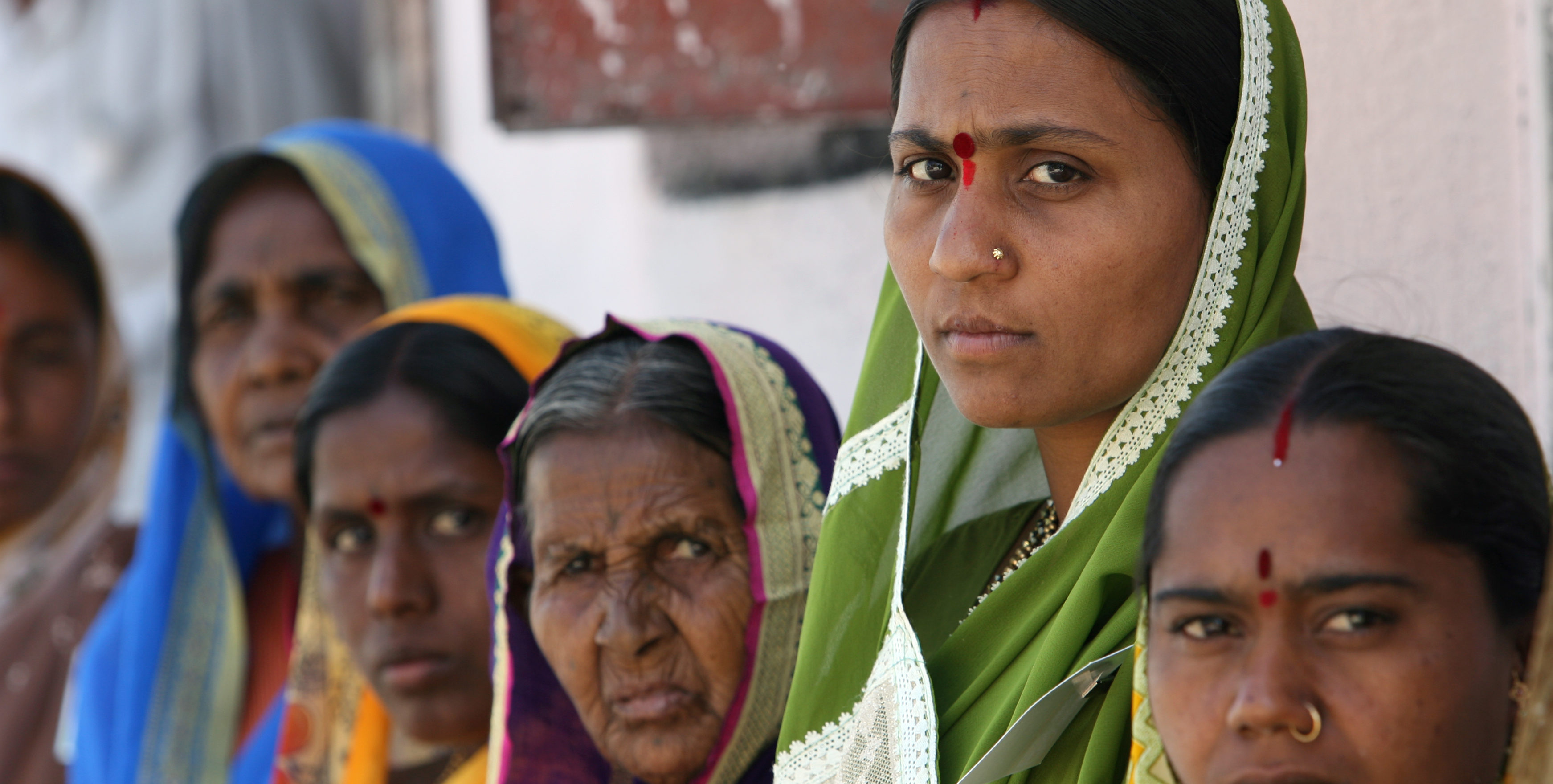 Produced by Women Deliver
May 9, 2016
Produced by Women Deliver
May 9, 2016
Girls and women have a right to be heard. To engage in civil society, vote in elections, be elected to government office, serve on boards, and take part in any process that affects them, their families, and their communities.
Yet in spite of the rising numbers of women being elected to national parliaments, they have a long way to go to achieve gender equality in the political sphere. In 2015, women made up less than 10% of parliamentarians in 38 countries. Within the public sector, they hold less than 30% of senior management positions. And they are virtually silenced in peace processes; between 1992 and 2011, women accounted for less than 4% of signatories to peace agreements, and fewer than 10% of peace talk negotiators.
Due to discriminatory laws, institutional and cultural barriers, as well as disproportionate access to quality education, healthcare, and resources, women worldwide continue to be marginalized in the political arena. To break down the barriers that prevent them from claiming their rightful place, women need support in the form of concrete interventions, such as:
- Introducing gender quotas as transitional mechanisms
- Promoting women’s participation in peacebuilding processes
- Creating training and leadership pathways that are gender sensitive
- Fostering inclusivity in leadership, civic engagement and decision-making
- Ensuring political environments are free from discrimination and violence
Investing in women’s right to political participation is a necessary step to achieving global gender equality and democratic governance. And since women in positions of authority tend to advocate for and allocate budgets towards social issues, their involvement in political processes is beneficial for all. For example, increasing women’s participation in politics has been documented to lead to greater investments in education. And gender balance in the political sphere promotes gender balance in the labor market. This represents tremendous economic potential, as evidence shows that gender equality in the workforce would lead to a doubling in global GDP growth by 2025.

The examples below show how concrete action can amplify the voice of women – in government, in peace talks, and as civically engaged citizens – within a relatively short period of time:
- Doubling the Proportion of Women Parliamentarians in Senegal: In 2010, Senegal adopted legislation calling for women to be guaranteed seats in all elective bodies at every level of government. In preparation for the 2012 elections, the government, along with civil society and UN Women, launched an awareness campaign and a training program on the electoral process to educate and encourage female candidates. The outcome of the 2012 elections resulted in a near balance between men and women in the National Assembly – a tangible shift toward gender parity and democracy.
- The Peace Table Project: Indonesia has made great efforts to attain gender balance in peace negotiations through a participatory process. Through convening actors from government and civil society, the project has yielded positive dialogue around ways to develop sounder and more gender-inclusive policies for peacebuilding. From these meetings, a report, Women at the Indonesian Peace Table: Enhancing the Contributions of Women to Conflict Resolution, was released, outlining the positive effects of women in leadership roles.
- Train, Run, Win, and Lead: An umbrella network of women’s organizations in Trinidad & Tobago launched a training program in 2013 to educate women on the fundamental elements of politics in their country. Train, Run, Win and Lead not only educates women about who is responsible for what in government, but the program also works to empower them to fully participate in positions of leadership and ultimately effect change. Following the first round of trainings, women won half of the seats in local elections – all of which had previously been held by men.


